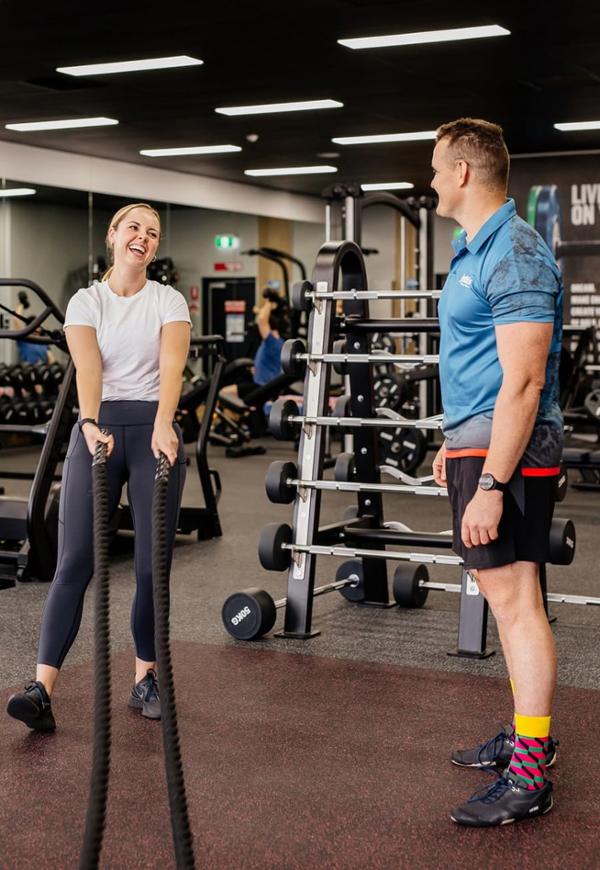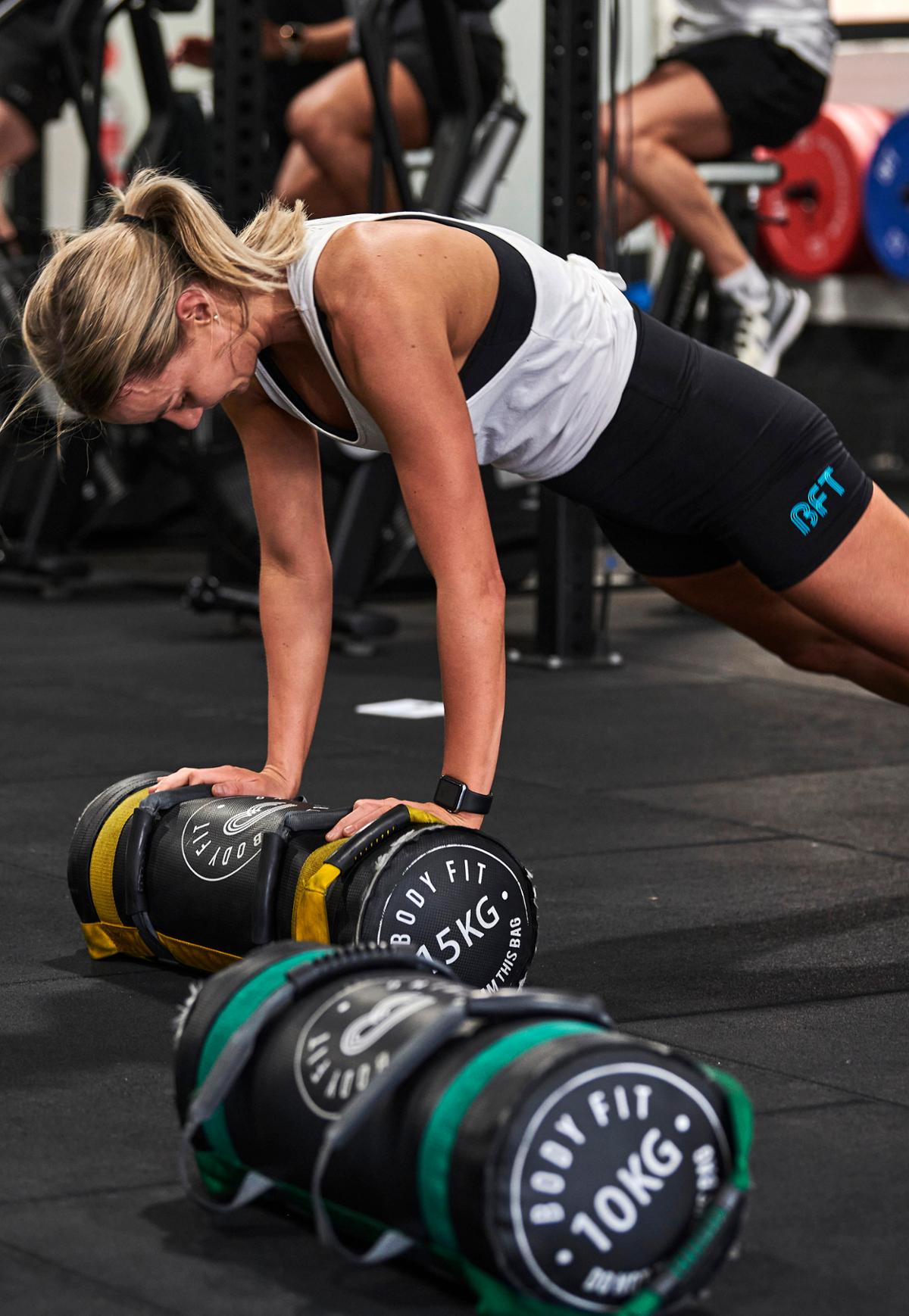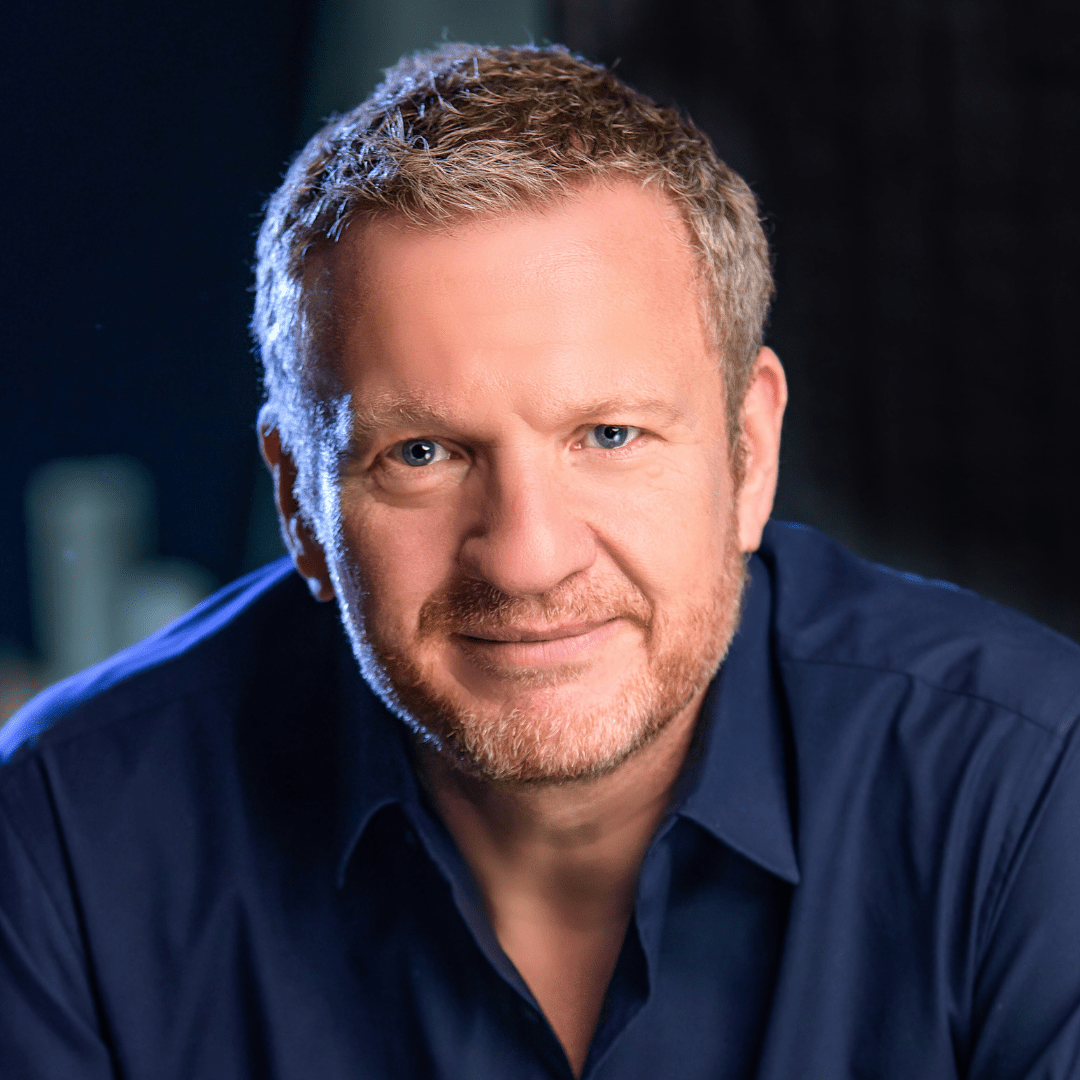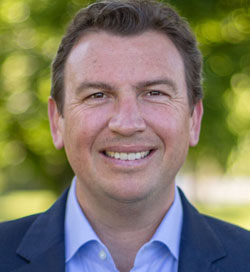As a federated nation, all Australian states dealt with the impact of COVID-19 very differently. Responses varied from Western Australia – which blocked the entry and exit of other Australians – to Victoria, which imposed the severest, most prolonged lockdowns in the Western world.
Australian state governments, and indeed the national government, classified all indoor physical activity as occurring in a “gym”, meaning the perceptions and subsequent treatment of the sector was wildly inconsistent. In March 2019 all “gyms” were closed indefinitely, including facilities that only offered dance, Pilates, tai chi and yoga. No consideration was given to either the relative or actual risks associated with any of these different regimes.
Irrational justification
Despite credible evidence to show the low risk of COVID in gyms, what followed was an at times irrational justification for the blanket closures of all these facilities; it seemed to many that a convenient scapegoat had been identified in the form of the closure of the activity sector to enable health authorities to appear decisive and strong in their responses.
One state government stood its ground, however, as Queensland’s legislature quickly established a health-focused, cross-departmental taskforce and charged it with working with all industries to develop sector-specific COVID-19-safe protocols.
The state – home to Brisbane, the Gold Coast, the Sunshine Coast, the 2023 Olympic Games and the Great Barrier Reef – engaged constructively and expeditiously with Aus Active (under our previous guise as Fitness Australia) and worked with us to develop an appropriate code of safe practice for indoor facilities.
The consultation process worked so effectively that of all industries, fitness and exercise was the first to have its COVID-safe suggestions ratified by Queensland’s state government.
Queensland led the way
It’s worth noting that although all other states undertook some form of industry engagement, none was as comprehensive or consultative as Queensland and this state’s proactive responses have enabled Aus Active to have an ongoing dialogue with health authorities as the COVID saga has evolved over the past two years.
At this juncture, it’s important to understand that exercise, physical activity and fitness in all its iterations is compartmentalised at both Australian federal and state level under Departments of Sport and Recreation.
We are not sport, of course, but that’s a story for another time.
During the lockdowns across Australia, similar to other countries, heads of our health authorities – often flanked by politicians – frequently reminded us that we could legally only venture outside for one of four reasons, medical appointments, critical shopping, going to work – if working from home was not feasible – and outdoor exercise. Fitness or visiting the gym was not classed as a valid reason anywhere but Queensland, which stood alone in supporting the sector.
The irony of promoting the importance of exercise while shutting indoor facilities and thereby denying exercise to the 30 per cent of Australians over the age of fifteen who nominate gyms as their preferred exercise venue, seemed lost on most bureaucrats, including chief health officers.
The move to essential status
Our ongoing and productive dialogue with Queensland Health (www.health.qld.gov.au), combined with evidence-based research commissioned by Aus Active, culminated in a statement in November 2021 when Queensland’s chief health officer announced that access to gyms was ‘essential’ for Queenslanders – both vaccinated and unvaccinated – in being able to maintain good physical and mental health.
This move to essential status is a critical mindset breakthrough that needs to be leveraged nationally and we’re working hard to extend this policy to all areas of Australia.






























































